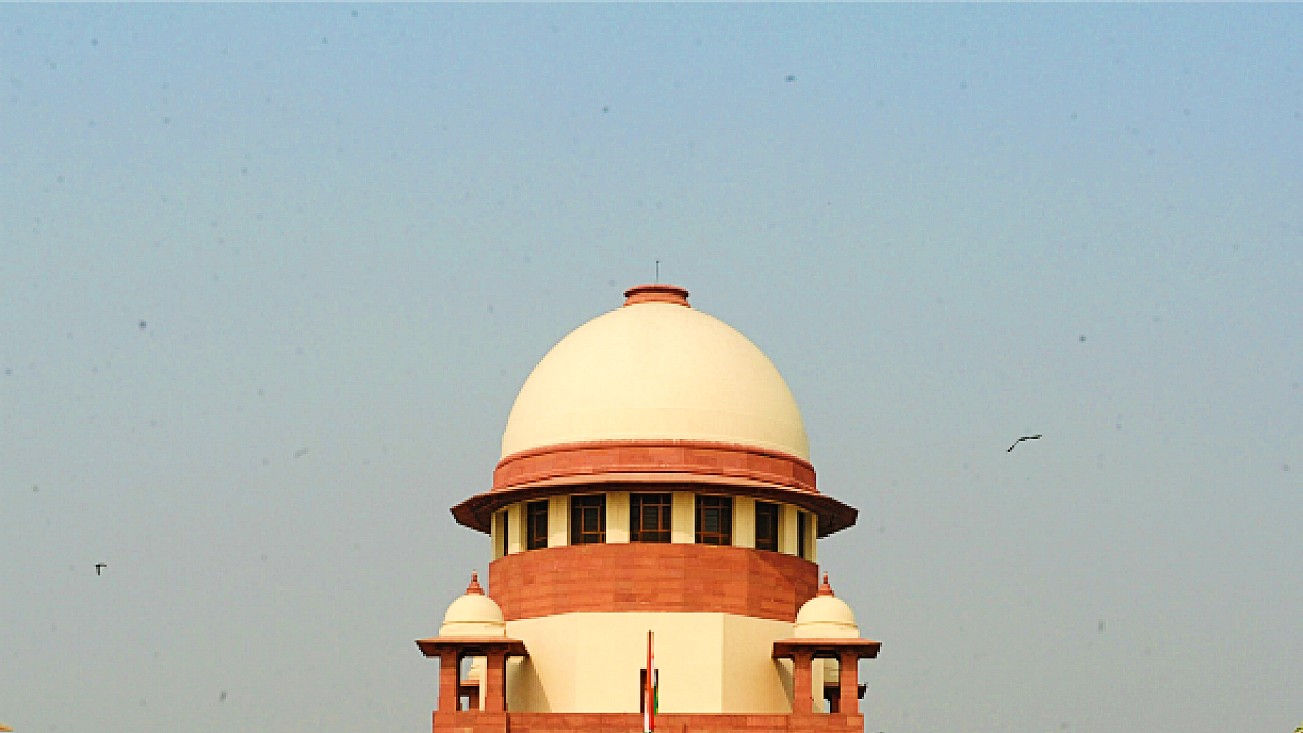In Civil Appeal No.6789 of 2022-SC- Sec. 9 of Arbitration Act confers wide power on Court to pass orders securing amount in dispute in arbitration before enforcement of arbitral award in accordance with Sec.36
Justices Indira Banerjee & Krishna Murari[19-09-2022]

Read Judgment: SEPCO ELECTRIC POWER CONSTRUCTION CORPORATION VS POWER MECH PROJECTS LTD.
Mansimran Kaur
New Delhi, September 30, 2022: A party may apply to a Court for interim measures before the commencement of Arbitral proceedings, during Arbitral proceedings or at any time after the making of the Arbitral Award, but before it is enforced in accordance with Section 36 of the Arbitration and Conciliation Act, 1996, the Supreme Court has observed.
The Division Bench of Justice Indira Banerjee and Justice Krishna Murari dismissed the appeal instituted by the appellant by observing that the appellant was not able to advert to any cogent and glaring error which went to the root of the arbitral award.
In this matter, the Appellant, an entity in China was awarded contracts in relation to various coal based power projects in India and the respondent, a company incorporated in India was engaged as a subcontractor of the appellant. Disputes and differences between the respondent and the appellant were referred to Arbitration. The Arbitration culminated in an Award dated October 17, 2017 of approximately Rs 142 crore in favour of the respondent.
The appellant filed an application under Section 34 of the Arbitration and Conciliation Act, 1996 challenging the Arbitral Award in the Commercial Division of the Delhi High Court, which was pending. On the same day, the appellant filed an interim application under Section 36(2) of the Arbitration Act seeking stay of the arbitral award.
After about a week, the respondent filed an application under Section 9 of the Arbitration Act in the High Court, inter alia, seeking orders on the appellant to furnish security against the amount awarded by the Arbitral Tribunal.The High Court issued notice in the application filed by the respondent under Section 9 and directed the appellant to file an affidavit of assets. In compliance with the order, the appellant submitted its affidavit giving details of its assets.
The High Court also directed the appellant to disclose better particulars of its assets in India. In the meanwhile, the appellant was directed to deposit 10% of the amount in its bank accounts, which was referred to in its affidavit of assets in the High Court at intervals of every 15 days.
Thereafter, a Single Judge of the High Court disposed of the application filed by the respondent under Section 9 along with connected interim applications and the Single Judge Bench passed another order directing notice to be issued on respondents on the application of the appellant under Section 36(2) of the Arbitration Act for stay of the award.
After considering the submissions of the parties, the Court noted that it is not for this Court to sit in appeal over the impugned award at this stage while deciding an appeal under Article 136 of the Constitution of India and examine the adequacy of the evidence before the Arbitral Tribunal.
It was further noted by the Court that there is no hard and fast rule that an application made earlier in point of time must be heard before an application made later in point of time. Both the applications under Section 9 filed by the respondent and the application for stay under Section 36(2) filed by the appellant related to the same impugned award.
The jurisdiction of this Court under Section 9 is wide. “A party may apply to a Court for interim measures before the commencement of Arbitral proceedings, during Arbitral proceedings or at any time after the making of the Arbitral Award, but before it is enforced in accordance with Section 36 of the Arbitration Act”, the Court further noted.
In addition to the same, the Court opined that Section 9 expressly empowers the Court to pass orders securing the amount in dispute in the arbitration and/or any interim measure or protection as may appear to the Court to be just and convenient. For grant of interim relief under Section 9, the Court would have to consider the prima facie case. In this case, prima facie there is an award for a huge amount of Rs 142 crores against the appellant. The respondent had a strong case for interim relief, the Court noted.
Reasserting the settled law that grounds for interference with an award is restricted, it was opined by the Bench that the appellant was not able to advert to any cogent and glaring error which went to the root of the award. The contention of the award being opposed to the public policy of India was devoid of any particulars whatsoever, the Court noted.
“Under Section 36 of the Arbitration Act, where the time for making an application to set aside an arbitral award has expired, the award might be enforced in accordance with the provisions of the CPC in the same manner as if it were a decree of the Court. Section 36(2) makes it clear that filing an application for setting aside of an award under Section 34 is not to render the award unenforceable, unless the Court expressly grants an order of stay of operation of the arbitral award in accordance with the provisions of subsection (3) of Section 36, on a separate application made for that purpose”, the Court added.
Once an application under sub section (2) of Section 36 is filed for stay of operation of the arbitral award, the Court might subject it to such conditions as it may deem fit, grant stay of the operation of such award, for reasons to be recorded in writing. The Court is empowered to impose such conditions as it might deem fit and may grant stay of operation of the award subject to furnishing of security covering the entire amount of the award including interest, the Court further noted.
In furtherance of the same, the Court also noted that the proviso to Section 36(3) of the Arbitration Act, makes it clear that while considering an application for grant of stay in the case of an arbitral award for payment of money, due regard has to be given to the provisions for grant of stay of a money decree under the provisions of the CPC. Observing that Order 41 Rule 5 of the CPC provides for a stay of decree upon furnishing cash security, the Bench opined that the High Court acted within the scope of its powers under Section 9 in passing the impugned judgment and order. Thus, without finding any ground to interfere, the Bench dismissed the appeals.
Sign up for our weekly newsletter to stay up to date on our product, events featured blog, special offer and all of the exciting things that take place here at Legitquest.




Add a Comment